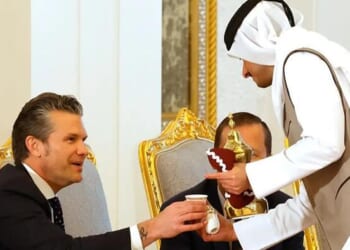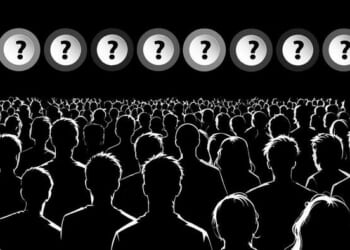Kishore Mahbubani is a Singaporean diplomat who has served for ten years as as ambassador to the United Nations. His talks about global policies and their development are always of interest.
His most recent one under the question “What will geopolitics look like in the next ten years?” is no exception (video).
The most important part starts at 22:54 min. Here I am mostly interested in what Mahbubani has to say about Europe (edited machine transcript):
I want to emphasize that the in current situation the key word you got to understand is complexity. [The world] is extremely complex because there are a lot of moving parts all the time. So for a start clearly and at the at the highest strategic level as you know in the cold war was bipolar the cold war ended and it became unipolar. And now we have what you have a strange combination of both a bipolar and multipolar world.
[…]
But there are also other powers [besides the U.S., China and India] that are clearly changing the situation.
Again, clearly Russia matters, right? And the biggest strategic mistake that the Europeans made in dealing with Russia is that they only look at the size of its economy and didn’t look at the overall national strength and their military capability.
So the Ukraine war could have been avoided if the Europeans had just shown some degree of respect for Russia’s own long-term strategic interests. And the tragedy of the Europeans trying to punish the rest of the world for buying Russian oil is that they could have avoided this war with Russia if they had shown some strategic common sense in dealing with Russia.
He later blames the mistake on the serious lack of abilities of the current crop of European leaders:
So all that is what I mean with complexity. It is not a simple black and white chessboard, you know, it’s extremely complex and you got to watch all the moving parts.
The people who can get the big picture are the ones who will succeed and thrive and those who don’t, like the Europeans, sadly .. .
The Europeans live in a delusionary world, and I mean that quite seriously because they, you know if you just look at the photograph of the European leaders sitting on sofas in front of the school teacher Donald Trump at his desk lecturing these European leaders. They look like school children. I mean the optics itself captured what had happened.
And for a respected prime minister of the Netherlands Mark Rutte, whom I met, who is a very thoughtful intelligent guy by the way, for him to call Trump daddy? I mean it shows you that something has gone wrong.
So this actually I must tell you: In my last conversation with Kissinger he told me candidly that the quality of mind of these Europeans has gone down so much they don’t understand how much the world has changed. So this is an example of where – if you understand the world you can navigate through it, but if you don’t understand the world, like the Europeans, they seem to be in trouble.
Mahbubani diagnosis of Europe’s disease is in my view correct. But what might be the best therapy to correct this situation?
Reprinted with permission from Moon of Alabama.












